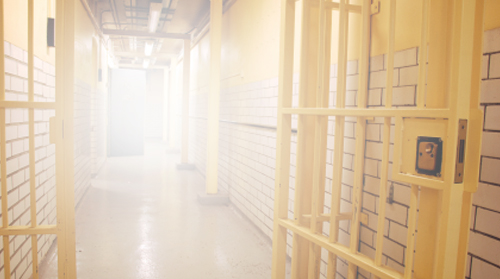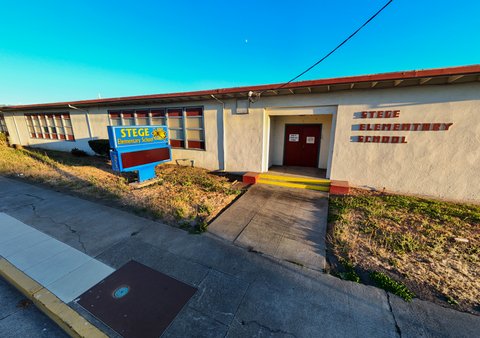
06 May Three Year Window For Nonviolent Felons To Change Records – and Lives
News Report, Nancy DeVille
In the months since California voters approved an initiative that reduces penalties for some crimes, the Contra Costa County Public Defender’s office has been busy trying to reach tens of thousands of local residents who are eligible to have their felonies downgraded to a misdemeanor. And, with only a three-year window for convicted felons to apply under the proposition, time is paramount.
“We are concerned that people in the community who have prior convictions might miss out if they don’t realize it and don’t file a petition within the three years,” said Ellen McDonnell, a Contra Costa County public defender. “Unfortunately we’re probably not going to be able to reach all of them.
Since last November, when the law was passed and went into effect, over 500 petitions in Contra Costa County have been granted for relief under Proposition 47. That number includes people who were released early from prison or county jail, those who were on felony probation but not in custody and those who had a prior conviction reduced to a misdemeanor.
It’s a start, but McDonnell estimates there are probably 50,000 formerly incarcerated people throughout the county with prior felony convictions who also qualify to have them reduced or overturned. She says getting the word out to that population isn’t easy.
“We’ve worked through the bulk of people that are in custody and now we are working on resentencing for individuals that are on probation,” McDonnell said. “We’ve had a pretty steady stream of phone calls, but I know there are tens of thousands of people that should be calling us.”
Proposition 47, also known as the Safe Neighborhoods and Schools Act, changes crimes like drug possession and petty theft charges from felonies to misdemeanors. Including the following offenses when less than $950 is involved: shoplifting, check and credit fraud, forgery, theft and possession of stolen goods. Those with histories of violence or sex offenses are ineligible for the lighter sentences. People eligible for resentencing or reclassification must file applications by Nov. 5, 2017.
McDonnell says the public defender’s office is doing regular outreach throughout the county by speaking to various community groups, attending the monthly community homeless court and reaching out to case managers at local agencies that offer support to newly released inmates.
“For a lot of people going to court in the past has been a negative experience, so they have a lot of anxiety,” McDonnell said. “But the nice thing about Prop 47 is people just need to call us and don’t have to come to court or pay anything. And doing this can really have a positive impact on their future.”
Barry Krisberg, a criminologist at U.C. Berkeley, says he’d like to see more resources allocated to make people aware of the program.
“The problem with getting the word out to people with prior felony convictions is significant,” he said.
“If we were being true to the spirit of the law, there would be public education campaigns sponsored by the state and many additional resources given to public defenders to help in these petitions,” he added.
In addition to offering opportunities for lessened sentences, millions of dollars—saved from the associated expenses of imprisoning people for longer sentences—will be sent to local communities to support mental health and substance abuse, truancy and crime victims assistance and rehabilitation programs. A process, Krisberg says, that requires just as much oversight.
“We’re going to have to watch very closely that the state board of corrections delivers the funds in a timely fashion and then it’s going to be up to each county to make sure the money gets spent consistent with the voters’ wishes,” he said.
Residents in Contra Costa County with questions about Prop 47, can contact Ellen McDonnell, Contra Costa County Deputy Public Defender, at 925-335-8075 or prop47@pd.cccounty.us.







Sorry, the comment form is closed at this time.